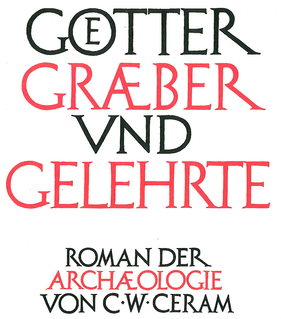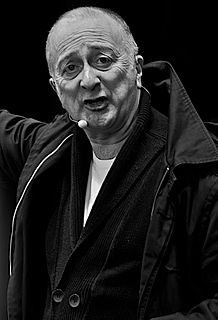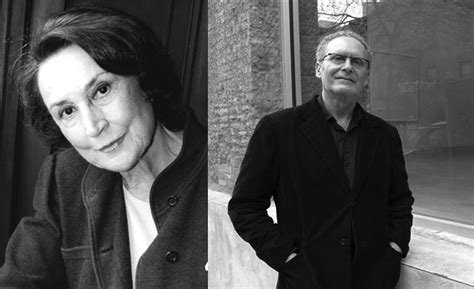A Quote by Edward Bulwer-Lytton, 1st Baron Lytton
Archaeology is not only the hand maid of history, it is also the conservator of art.
Related Quotes
Archaeology in general is the recovery and study of the material culture of past civilizations. Biblical archaeology is as an application of the science of archaeology to the field of biblical studies. Through the comparison and integration of Scripture with the evidence of history and culture derived from archaeology, new insights into the biblical context of people and events, and sometimes the interpretation of the text itself, are possible. In this way archaeology serves as a necessary tool for biblical exegesis and for apologetic concerns.
I'm actually a hardcore otaku who likes maids more than having three meals a day. And I only read books related to maids. Also, I only visit maid cafes. Of course, I also collect maid figurines. I play games which feature female maids and it turns me on so much. Then I'll wear the maid uniforms and jump in joy. I'll take my leave now.
Archaeology, I found, comprehended all manner of excitement and achievement. Adventure is coupled with bookish toil. Romantic excursions go hand in hand with scholarly self-discipline and moderation. Explorations among the ruins of the remote past have carried curious men all over the face of the earth… Yet in truth, no science is more adventurous than archaeology, if adventure is thought of as a mixture of spirit and deed.
Imagine it's 1981. You're an artist, in love with art, smitten with art history. You're also a woman, with almost no mentors to look to; art history just isn't that into you. Any woman approaching art history in the early eighties was attempting to enter an almost foreign country, a restricted and exclusionary domain that spoke a private language.
I try to teach a modernist and postmodernist position. On one hand, if you're a painter, you need to know the history of painting. But I'm also interested in the moment we live in. I love television, and movies, and books, and music. So I also think of art as this cultural production along with all this other stuff that's happening. So that's a kind of postmodern, not media-specific, but the times, what is your art relevant to this moment we live in versus media specificity? That's my teaching philosophy, both of those things are important.






































